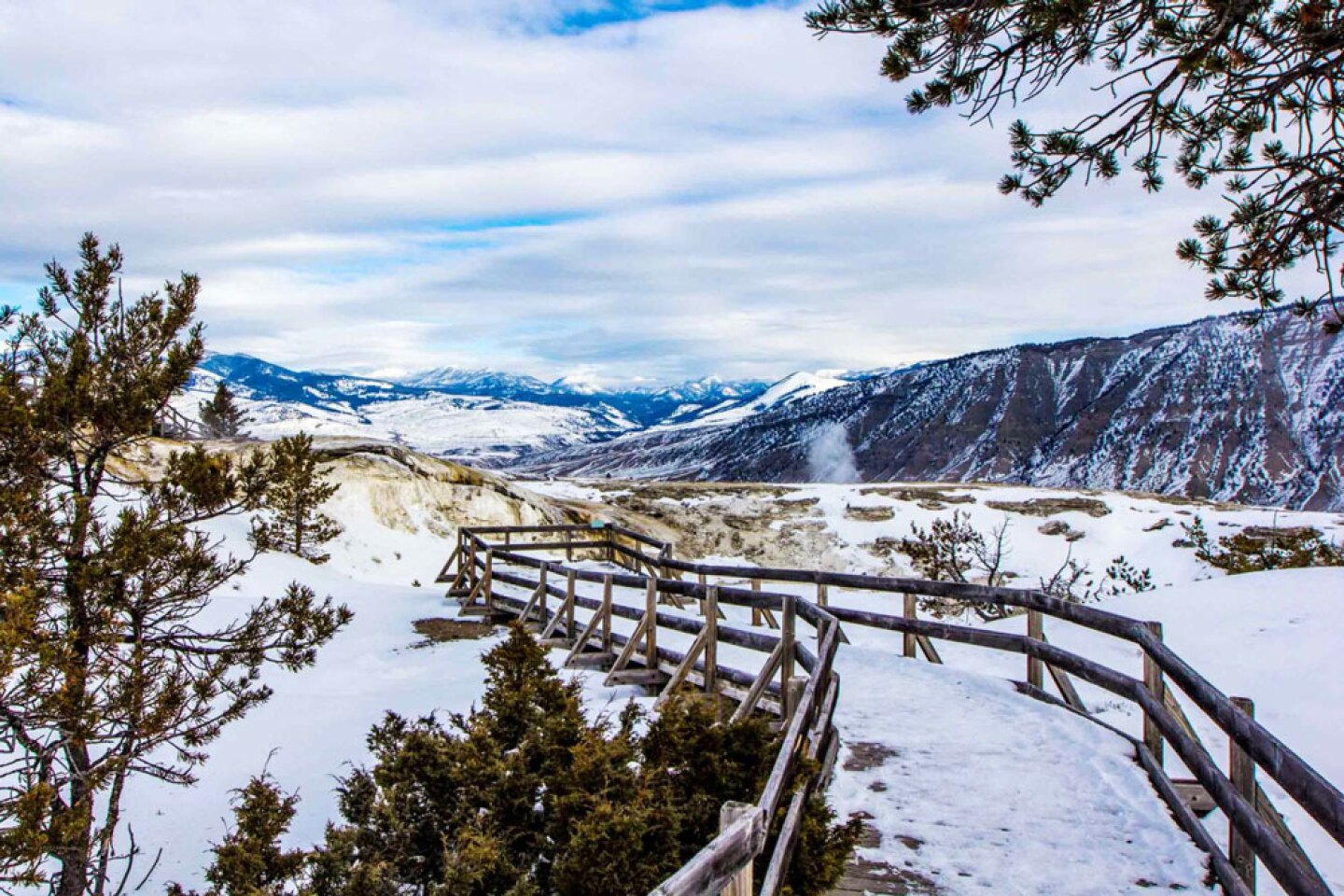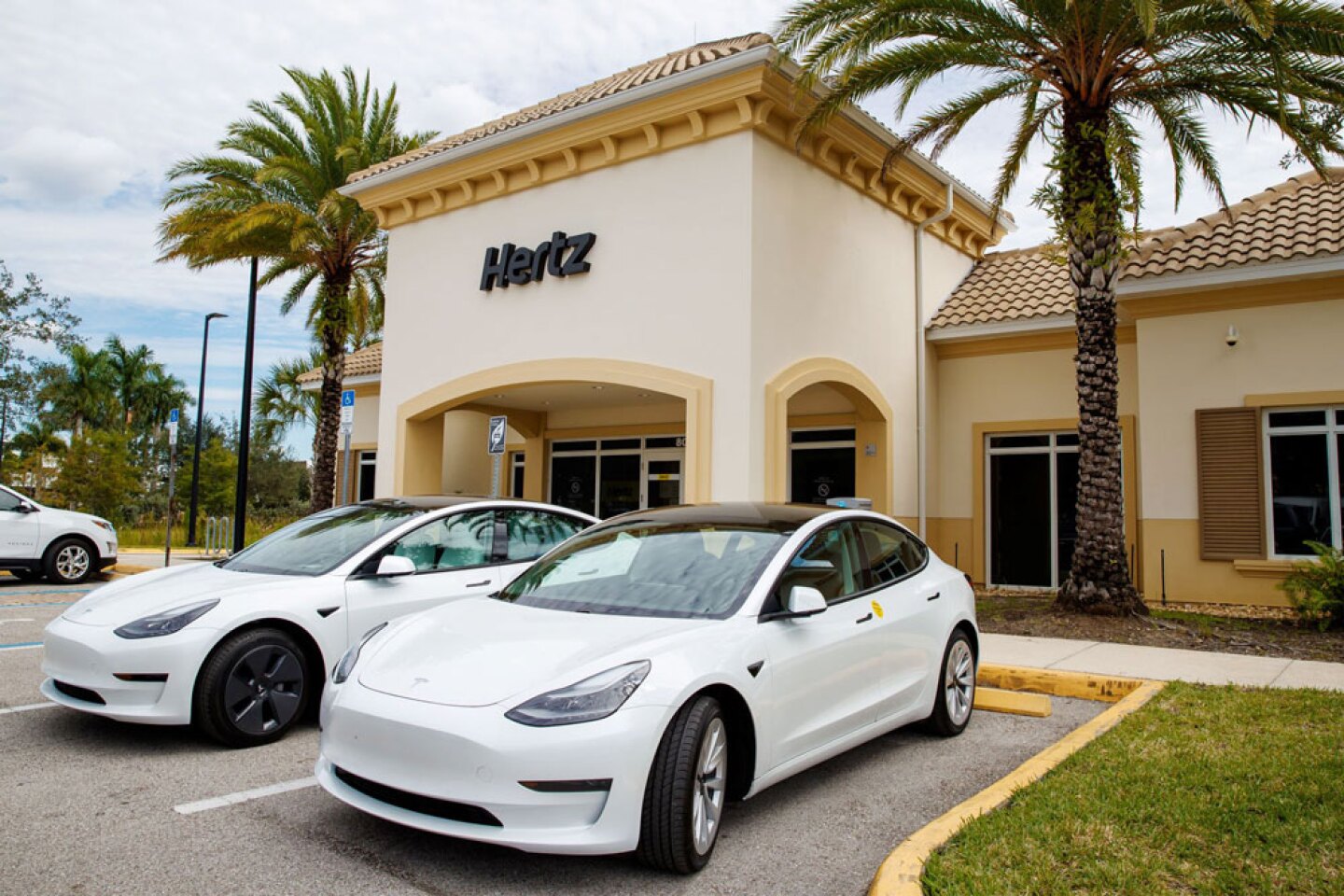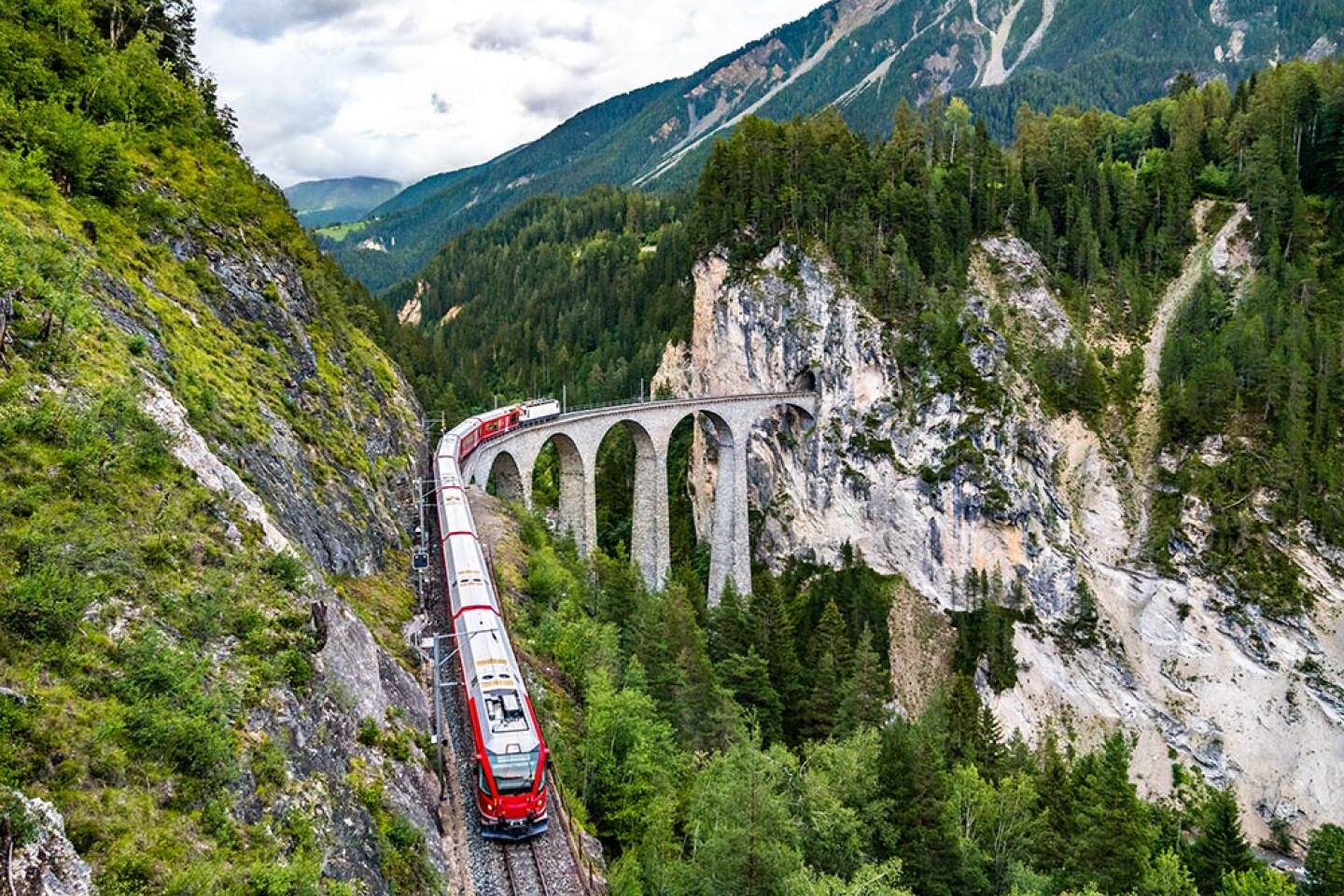9 Ways We’re Going to Travel Differently in 2024 to Make the World Better
5 min readThe new year is almost here, and in addition to sharing inspiration for where to travel in 2024, we also wanted to share our own travel resolutions.
At AFAR our whole MO is based on the belief in the power of travel to make the world a better place—and at the risk of sounding preachy, or worse, boring, we staffers really do believe in that. We do our best to not only report with that goal in mind but also to walk the walk in our own travels. So we’ve made some resolutions for the new year, based on things we’ve learned from the world around us and from each other. Here’s hoping they inspire you, too.
Ditch single-use plastics, plant trees, learn local languages
I have a few resolutions for 2024: I am going to try and use zero single-use plastics on my next international trip. On our next camping trip, my family and I will plant 10 trees. And I will try to learn 10 words of the local language on the next international trip I take. —Sarika Bansal, editorial director

Visiting Yellowstone in the winter makes a lighter footprint on an overrun park.
Photo by Andy Austin
Support carbon-removal projects and find sustainable ways to travel
In 2024, I’ll continue as a Tomorrow’s Air supporter, funding carbon capture technology along with fellow travelers who want to clean up the climate for future generations. I do believe this approach, along with the right carbon offsets, is an invaluable part of our toolkit for reaching net zero and tackling climate change. I’ve long enjoyed finding sustainable ways to travel (visiting national parks like Yellowstone or Yosemite in the winter, traveling by EV to Vegas or San Diego) or reporting on rewilding tourism projects in Argentina and ocean conservation in Fiji and hope to continue this in 2024 and beyond. —Tim Chester, deputy editor
Shop ethically for travel gear
I have a bad habit of waiting until the last minute to pack for a trip and then, upon realizing that I can’t find some item I need, relying on e-commerce sites to buy a replacement phone-charging cable or plug adapter or bug spray, which gets rushed to me overnight. It’s wasteful and terrible for the environment, so I’m going to do a better job of planning my packing lists in advance; that way, I can either shop more ethically and sustainably or, better yet, just borrow from my friends! —Nicholas DeRenzo, contributing editor

Hertz plans to up its EV supply to 25 percent of its global fleet by the end of 2024, bolstered by the purchase of Teslas, among other EV acquisition deals.
Courtesy of Hertz
Use EVs for road trips
At home in the San Francisco Bay Area, I drive a 10-year-old electric Fiat. It is the perfect around-town car, and I love that I haven’t been to a gas station in years. But it wasn’t until this year that I took the plunge and used electric vehicles (EVs) on two separate road trips: one up the Sonoma coast from San Francisco to the Sea Ranch (in a loaner Mercedes), and the other a trip with friends across Colorado in a Tesla. When I’m traveling to a place that has a decent charging infrastructure in 2024, I’m all in on EV travel. —Julia Cosgrove, editor in chief
Eat at a zero-waste restaurant
I’m going to Eurovision in May with a group of friends. While we’re in Malmö, Sweden, for the show I’d love to make reservations at Spill, a zero-waste restaurant. Spill literally means waste in Swedish, and with that in mind, the chefs here create new menus each day around food waste that is still fit consumption but discarded by retailers. —Lyndsey Matthews, senior commerce editor

Eurail Passes can be used on scenic trains, too, like this one in Switzerland.
Photo by Shutterstock
Take the train instead of a plane
I’m lucky enough to have family based in Belgium and, in years past, have used their home as my base from which to fly around the continent. But in 2024, I will skip the short-haul flights and instead take the train from country to country with a Eurail pass. It may take longer and be more expensive than buying a ticket on a budget airline, sure, but it’s much better for the environment—and I’ll get to see more along the way. —Katherine LaGrave, deputy editor
Double down on regenerative travel
This month, I interviewed a boat captain and bear guide in British Columbia who is fully committed to regenerative travel, which essentially means that he tries to leave a place better than he found it. It inspired me to double down on this idea of traveling solely with outfitters who have a similar mission, or attempting my own regenerative travel through a mix of EV rentals, carbon offsets, and other ideas mentioned on this list. I love the idea that our presence as travelers can (hopefully) be a gift rather than a burden. —Aislyn Greene, associate director of podcasts
Use businesses that support sustainability
I want to be more intentional in seeking out hotels, restaurants, and operators that are supporting sustainable, conscientious travel. This is going to be a fun challenge for me, because I’m the kind of person who thrives on spontaneity: I reserve accommodations about a week before I travel, and I ask people on the street for recommendations come dinnertime. But there are a lot of hotels, restaurants, and tour operators that are supporting sustainable, conscientious travel, and I’ve learned the hard way (after a couple of missed opportunities on a recent Japan trip), that I sometimes need to book them ahead of time. So if I want to stay at a place like Cheetah Plains or eat at a Michelin Green Star restaurant, a little planning goes very, very far. —Chloe Arrojado, associate destinations editor
Ask questions
I want to be a kinder, more conscientious traveler in the coming year—and I’m going to do that by asking questions. Thanks to my fellow AFARians and their reporting over the past year, I have a good idea of what those questions should be. So, for example, when I book cultural activities, I’ll ask the companies: Who is controlling this storytelling (something I learned from deputy editor Tim Chester’s report on the best way to engage with and honor local cultures when traveling). As I walk through museums and historic sites, I’ll ask myself, “Where are the absences? Whose voice is missing?” as our Unpacked columnist Latria Graham suggested in “Should You Visit Museums That Have Complicate Histories?”
And when I choose accommodations and tour operators, I’ll look into who owns the companies and where the money goes, so that I can make better choices to ensure that my travel dollars actually benefit local communities. Finally, I’ll continue to practice one of the sweetest, most human gestures I picked up last year: leaving thank-you notes for hospitality staff, even (and especially) when I don’t get the chance to meet them in person. As Latria’s Unpacked column explains, it’s an easy way to offer respect and gratitude to workers who are largely behind the scenes. —Billie Cohen, executive editor



